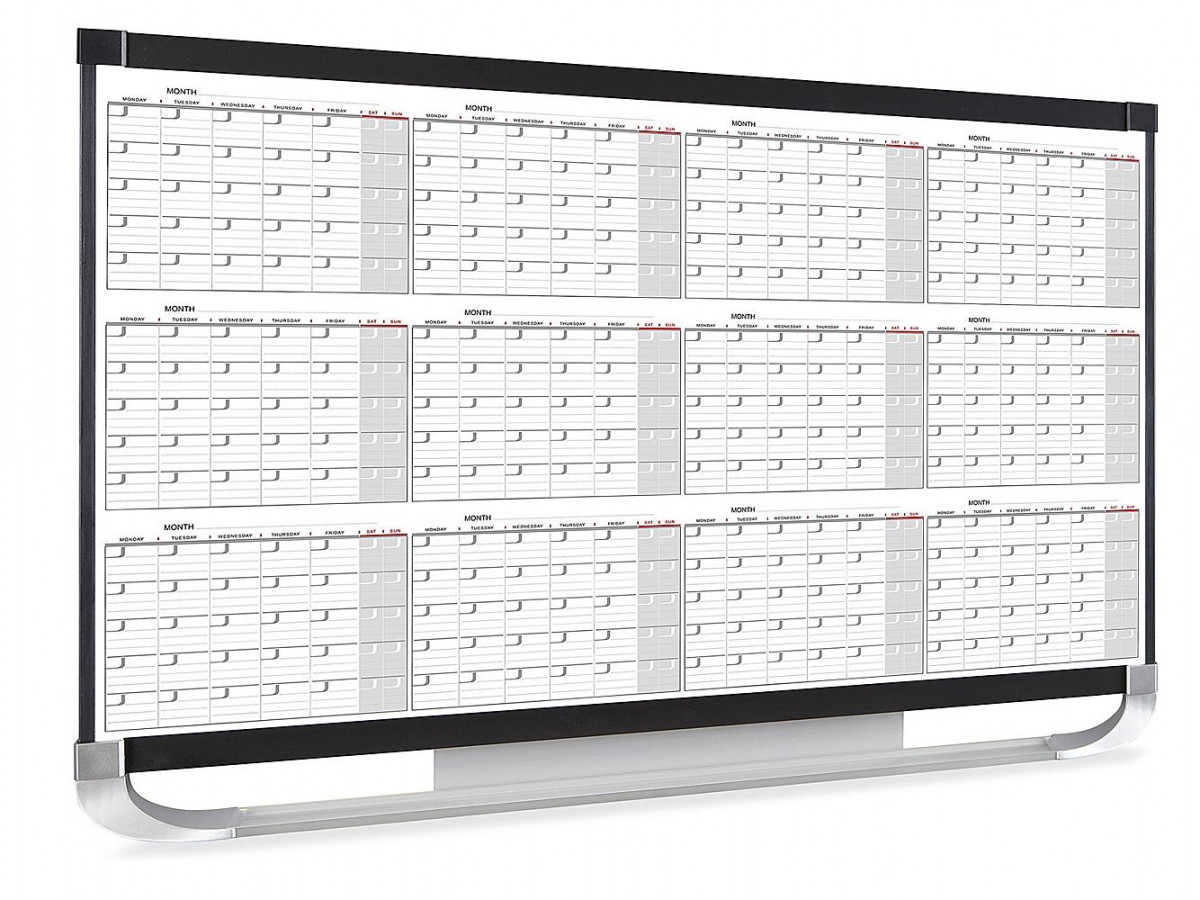3 Stocks to Buy in October That Could Soar More Than 70% Over the Next 12 Months, According to Wall Street
This year started with a bang on Wall Street, with the market signaling the potential for the next bull market. Yet over the past couple of months, the major market indexes appear to have lost their momentum.

I prefer to look at the glass as half full. Even as stocks are taking a breather, now is the time to step back, regroup, and survey the landscape. This reveals that the recovery has been uneven and there are still several stocks that have plenty of room left to run. Here are three stocks investors should buy in October that could soar 70% or more over the coming 12 months, according to Wall Street.
Image source: Getty Images.
1. Fiverr International

The past couple of years haven’t been kind to Fiverr (FVRR 1.08%). Rising inflation and the resulting macroeconomic headwinds punished the stock as businesses reined in spending and Fiverr — which connects freelancers with companies that need their services — took a hit. Yet, as the economy continues to improve, this will open up new and return opportunities as businesses step back into the pool, looking to complete projects that were put on hold.
Wall Street remains firmly behind Fiverr. The average analyst’s price target of $42 suggests potential upside of 73%. What’s more, of the 10 analysts that cover Fiverr stock, six rate it a buy or strong buy, and not a single one recommends selling.

One of the factors that initially weighed on Fiverr stock was the company’s lofty valuation, but that’s no longer a concern. The stock is downright cheap, selling for just 14 times forward earnings and 2 times forward sales.
Top-line growth has slowed as Fiverr turned its focus to profitability, a strategy that’s bearing fruit. In the second quarter, revenue of $89.4 million climbed 5% year over year and the company swung from a loss to a profit. Perhaps as importantly, Fiverr continues to generate positive operating and free cash flow, which suggests consistent and growing profitability ahead.

Finally, Fiverr isn’t sitting idly by but continues to move upmarket and introduce valuable tools for its users. One example, Fiverr Neo, is a tool powered by artificial intelligence (AI) that will match customers with the best freelancers to meet their needs.
The combination of a dirt-cheap valuation, growing profitability, and a ringing endorsement from Wall Street make Fiverr a compelling opportunity.
2. Block
Another victim of the suffering economy is Block (SQ 3.68%). The dearth of consumer and business spending has hit the company’s payments business hard, but there are better days ahead. As the economy and consumer spending rebound, Block’s expanding financial products ecosystem is well-positioned to thrive.
Wall Street believes Block is poised for a significant rebound. The average analyst’s price target of $80 suggests potential upside of 90% from today’s price. Plus, of the 31 analysts that cover Block stock, 17 rate it a buy or strong buy, and not one analyst recommends selling.
One of the factors that helped drag Block lower was the company’s nosebleed valuation, but those days have passed. The stock is currently selling for a song, at 24 times forward earnings and just 1 times forward sales.
Block continues to expand its revenue, albeit at a more moderate pace, and its efforts to reduce losses are beginning to take hold. In the second quarter, total net revenue of $5.5 billion grew 26% year over year, while adjusted EBITDA of $384 million more than doubled. Block continues to generate GAAP losses but generates strong operating and free cash flow.
To better position the company for future success, Block has been winding down operations that lagged, while expanding areas of its business and ecosystem that generate stronger profits.
The trifecta of solid growth, increasing profitability, and the backing of Wall Street help illustrate why Block is a buy.
3. Portillo’s
Decades-high inflation has posed a problem for many segments of the economy, with the budgets of restaurants being among the hardest hit, and Portillo’s (PTLO -0.14%) wasn’t immune. The fast-casual restaurant and purveyor of Chicago-style fare has continued to grow through the downturn, but its margins have taken a hit. Easing inflation should provide relief for the restauranteur, giving its stock a boost.
Wall Street is enthusiastic about Portillo’s prospects. The average analyst’s price target of roughly $27 suggests potential upside of 71% compared to its current price. Out of the 10 analysts that cover Portillo’s stock, 90% rate it a buy or strong buy, and not a single one recommends selling.
Inflation has skewed the company’s expenses to the upside, initially having a devastating — but temporary — impact on its bottom line, which is why I’m totally on board with Wall Street.
As the macroeconomic headwinds subside, Portillo’s results are improving. In the second quarter, revenue of $169 million increased 12% year over year, while same-restaurant sales increased by 5.9%. The bottom line continued to suffer, as net income of $9.9 million declined by 9%, the result of commodity and labor inflation. The company has only moderately raised prices over the past year or so, preferring to offer its customers a port in the economic storm. That said, as inflation continues to ease, Portillo’s margins will ultimately expand, reversing the trend that has taken hold over the past year.
Strong customer loyalty, increasing comps, and the strong endorsement from Wall Street help illustrate why Portillo’s stock is a buy.


